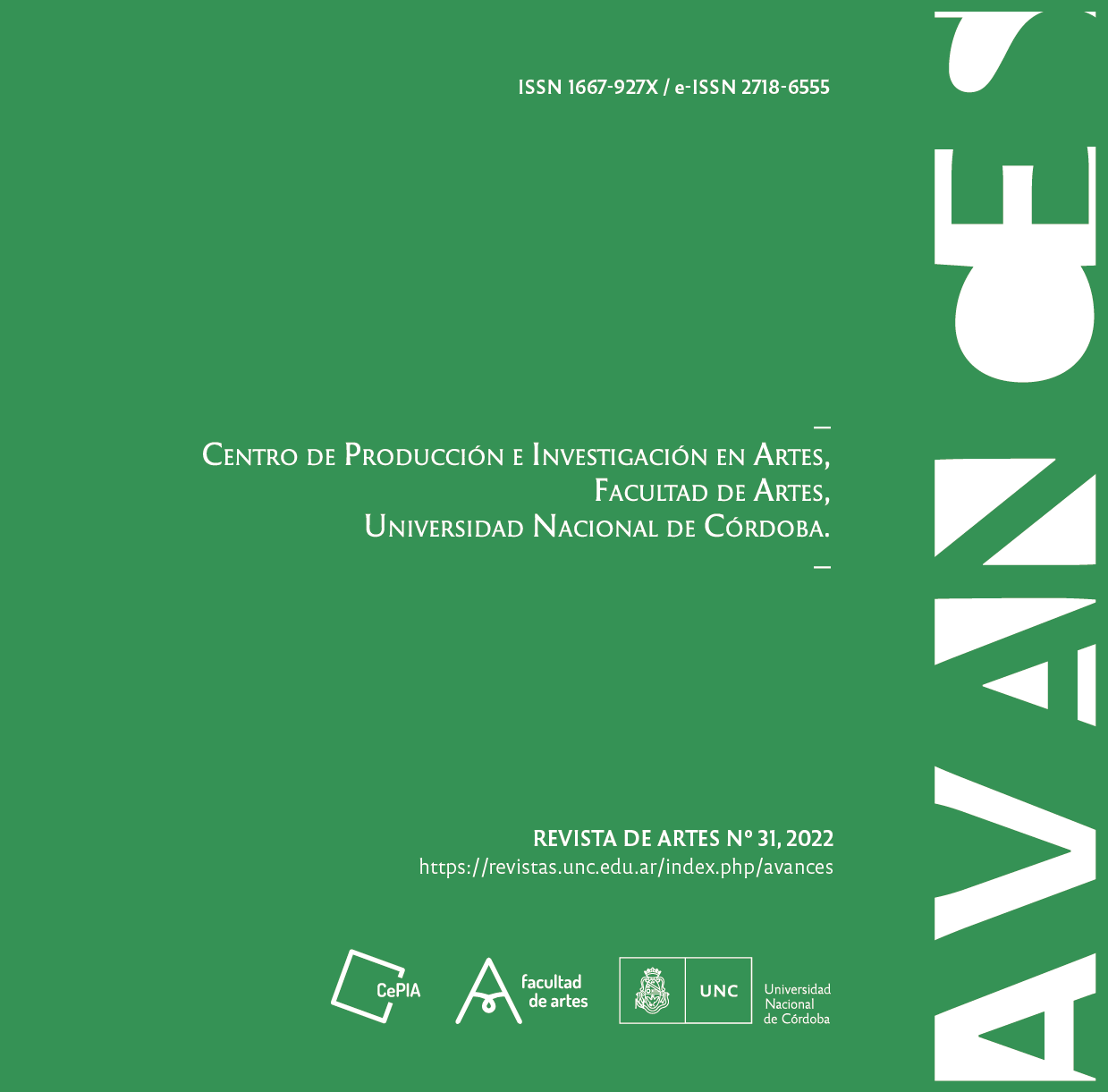Hamlet or the rationality of boredom
Keywords:
Hamlet, William Shakespeare, Elizabethan theater, Tragedy of revenge, Mimetic violenceAbstract
Hamlet is the central tragedy of William Shakespeare both because of his location in an intermediate period of his production and because it is perhaps the most daring bet as a playwright, which opens the way for the progression of the great final work. Starting from the critical consideration given to the figure of Hamlet as an emblem of the intellectual who makes hesitation and doubt a characteristic mode of his work. The relevance of the character's university experience at the University of Wittemberg and the expected conflict aroused in him by his return to the primitive warrior environment of the Danish Court will also be examined.
In this context, Hamlet's reluctant and delaying attitude in relation to what he assumes as the imperative of revenge will imply the strategic postponement of his execution without renouncing at it, however. In another stage of reflection, this would show that, with Hamlet, Shakespeare, under the facade of a revenge tragedy, would actually be challenging that aesthetic form and the ethical imperative conveyed in it, betting on a significant deconstruction of the genre.
Downloads
References
Baricco, A. (2005). Otra belleza. Apostilla sobre la guerra. En Homero, Ilíada (pp. 179-187). Barcelona: Anagrama.
Bloom, H. (2008). Hamlet. En Shakespeare: La invención de lo humano (pp. 479-538) (T. Segovia, trad.). Bogotá: Norma.
Brecht, B. (2020). Pequeño órganon para el teatro. México: UNAM, Dirección General de Publicaciones y Fomento Editorial.
Cioran, E. M. (1972). Breviario de podredumbre (F. Savater, trad.). Madrid: Taurus.
Costa Picazo, R. (2007). Introducción. En W. Shakespeare, Hamlet (pp. VII-XVI). Buenos Aires: Colihue.
Girard, R. (1995a). La venganza bastarda de Hamlet. En Shakespeare: Los fuegos de la envidia (pp. 346-370). Barcelona: Anagrama.
Girard, R. (1995b). Edipo y la víctima propiciatoria. En La violencia y lo sagrado (pp. 76-96). Barcelona: Anagrama.
Piglia, R. (2005). El caso Hamlet. En El último lector (pp. 36-38). Barcelona: Anagrama.
Shakespeare, W. (2006). Hamlet (M. Conejero Dionís-Bayer y J. Talens, trads.). Madrid: Cátedra (Ed. bilingüe).
Published
How to Cite
Issue
Section
ARK
License

This work is licensed under a Creative Commons Attribution-NonCommercial-ShareAlike 4.0 International License.

















